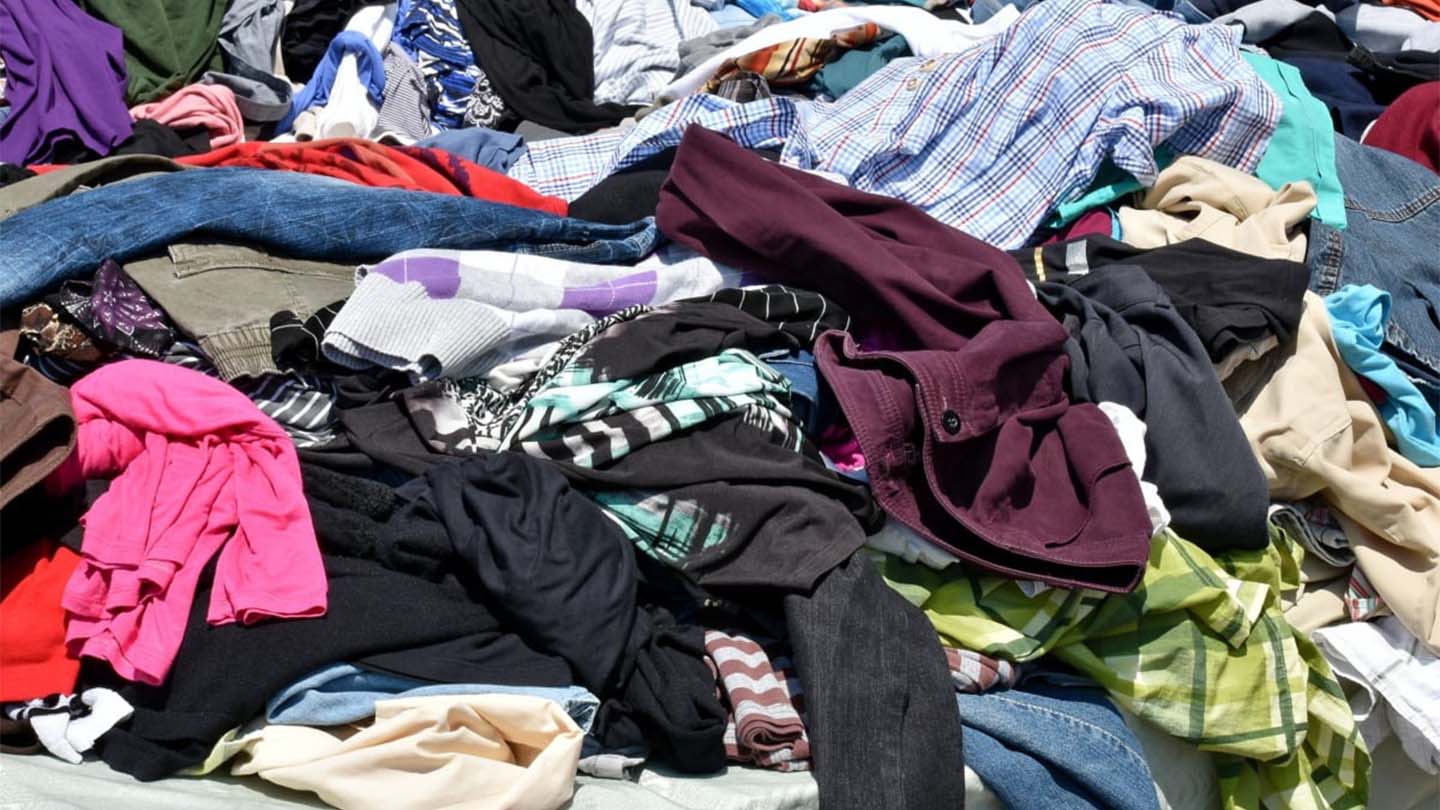Back in February, a group of MPs across both sides of the aisle published a damning report on the current state of the fashion industry and its overwhelming contribution to the global climate crisis. Some of the more shocking facts included the revelation that the UK is Europe’s biggest consumer of new clothing, and that the garment industry’s impact on the environment is more than that of the aviation and shipping industries combined.
While sustainability is a current buzzword for many of the world’s biggest brands, it can be both overwhelming and difficult to gauge exactly how much change is being made. Rather than just issuing a grim warning however, this cross-party report, titled Fixing Fashion, laid out a series of measures that could be legally ratified and would force fast fashion retailers to address the problem directly. These included a 1p charge on all garments that would be pooled to fund clothes recycling schemes, a ban on incinerating or landfilling leftover stock that could be recycled, plans to make supply chains more transparent, and tax breaks for sustainable fashion companies.
It all sounded like a step in the right direction. But today the proposal was soundly rejected by the UK government, leaving those involved in the initial talks — and anyone interested in fixing our current climate emergency — frustrated and disappointed. “Fashion producers should be forced to clear up the mountains of waste they create,” said Labour MP and chair of the Environmental Audit Committee (EAC), Mary Creagh, in an interview for The Guardian. “The government has rejected our call, demonstrating that it is content to tolerate practices that trash the environment, having just committed to net zero emission targets. Urgent action must be taken to change the fast-fashion business model which produces cheap clothes that cost the earth.”
While the government responded to say that they were actively taking measures to address the impact of fast fashion on the climate, they refused to take any of the statutes proposed by the EAC on board. Which leaves us with the question: what exactly are the government doing to tackle this pressing issue?
The answer is, well, not a lot. While the government’s official response cited the Resources and Waste Strategy published in December of last year as an example of progress being made, this blanket proposal for discouraging unnecessary waste spans a whole range of industries, from food to packaging, and has little in the way of measures that can be levied against the fashion industry specifically. And while the government have said they would consider some of the EAC’s suggestions again in 2025, the lack of fashion companies signing up to any of the proposed schemes voluntarily suggests that it could be altogether ignored.
The problem is urgent, and it needs to be tackled now. While there’s no official petition yet to force the government to reconsider, you can make your voice heard by contacting your local MP and following the EAC on Twitter for updates. It’s time for both the government and the fashion industry to wake up to the need for change — or it could all be too late.

